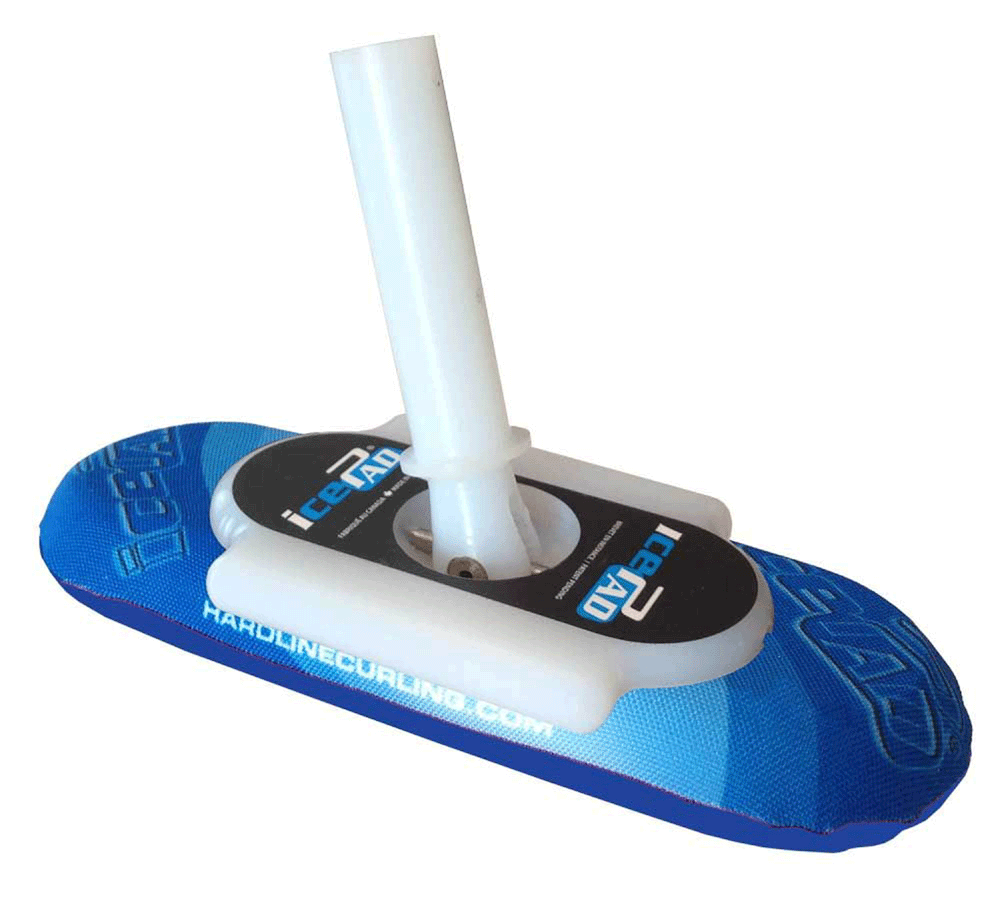CURLERS have been issued with seven sweeping commandments to help save their sport.
The Perth-based body that rules the world of curling has cracked down on modern brooms that make the sport – which was invented in Scotland – easier.
The so-called “frankenbrooms” use new materials and stiffer bristles to allegedly give seepers the edge when it comes to getting the stone on-target.
The sport’s profile was massively raised at the 2002 winter olympics when the women’s GB team, made up entirely of Scots, swept to gold.
But worries about the future of curling led in May this year the World Curling Federation (WCF) holding a three-day sweeping summit in Ontario, Canada.
And in a bid to avert the threat from what was dubbed “broomageddon” the body has now issued seven recommendations for the future of sweeping.

They decided that sweeping should never be allowed to “slow a stone down or make a stone ‘fall back’ against the curl” and that “sweeping should have only marginal ability to directionally impact a stone.”
They added: “The sweeping summit tested almost 50 brush models supplied by six equipment manufacturers.
“It was quickly determined that certain combinations of materials and constructions proved to be far too effective in the hands of top sweepers of either gender.
“Testing confirmed that regardless of the technique, even with sweeping at 90 degrees, certain brushes had the ability to manipulate the stone in ways that ran counter to the views expressed in the survey, including slowing it down.”
The seven rules on sweepers include only allowing equipment approved by the WCF, only allowing brushes made from a “single fabric from a single source”, and the preferred fabric should be “a woven product with no external waterproof coating or artificial texturing”.
Brush head construction “should include a hard plastic base of minimum and maximum dimensions, foam of a specific density and thickness and no other internal components or features, such as foil, inserts or ridges”.
Each player should have their own brush and swapping of brushes between players should not be permitted.
And they recommended that the technique known as “dumping” – where a sweeper deposits debris in the path of the stone to change its course – be outlawed.
Debbie Knox was deputy skip of the 2002 women’s winter olympic team, which took the gold medal.
She no longer plays competitively, but said that she has still heard rumblings of discontent about the new brooms.
She explained: “There were a lot of disgruntled people last year with the way the sport was going because of the brushes.
“I do agree that it should should be to do with the delivery skill, rather than how they can manipulate the stone through sweeping.”
She also said that the new brooms had even had an impact on spectators – as many teams attempt the new mode of sweeping, without the required expertise, and “waste a stone” as a result.
Bruce Crawford – head of the Royal Caledonian Curling Club, which governs the sport in Scotland – said they were behind the recommendations “lock, stock and barrel”.
He said: “Sweeping is a component of a good delivery, but it shouldn’t be an overriding factor.
“Some teams were using aggressive fabrics to overly influence where the stones went.
“We need to keep the sport clean – we need to keep the sport focussed on athletic ability, not equipment.
Explaining the new rules put forward, he said: “It’s a bit like in golf where if you are playing an a top level competition you have to use a certified club or putter and they have to have a stamp on them.”
He explained that the new regulations would cause no changes in the amateur game, where players could use what they liked.
But he predicted that the rules would “trickle down” – as amateurs often aspire to play in the same way that top athletes do.
Graeme Thompson – performance director of Stirling-based British Curling – said: “We welcome the proposals.
” We welcome the fact that it should be more about the skill of the thrower rather than the technology of the brush.
“We look forward to it being implemented in the next season.”
Explaining the decision made by the federation, he said: “It’s a philosophical decision – that it should be more about the skill of the thrower than the technology of the broom.
“People felt that technology was taking too big a role.
“I think it’s philosophically the right thing to do.”

